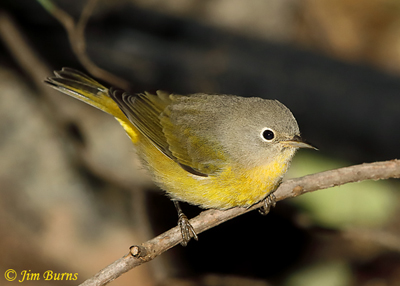
Shortly thereafter, early in that summer of ’75, my doubles partner and I went to Minneapolis to play in the annual National Public Parks Tennis Championships, and I stuffed binoculars and a field guide into my suitcase for the first time. The key to this story is that the NPPTC, belying the stereotype of tennis as a country club sport, was always held on municipal park courts in inner cities, intentionally to spread the game to the masses.
Avid birder that I had become, I figured if I lost early in singles I might have time to do a little birding, so I had done some due diligence about the area around the event park. My research turned up that the neighborhood was leafy and green, mostly residential, middle class, and predominantly Black. There were a couple lakes not far away. This sounded alright for a newly minted birder with a couple hours to kill in a new area.
As the tournament progressed, two interesting things happened. The first was one evening (public park courts are usually lit for night play) as I walked out to a court for a match I noticed small birds milling about overhead. Swallow like, but a different shape, cigars with scimitar wings. A check of the guide book when I got back to my housing became a check mark for my life Chimney Swift.
More intriguing was that every day at lunchtime and after work toward dinnertime people from the neighborhood, though not knowledgeable tennis fans, began filling up the stands to watch the matches and support their community event. Crowds were always sparse in the morning but by early evening approached several hundred spread out over the complex.
Though we had both lost earlier in singles, Harry and I advanced to the semis of the men’s doubles where our opponents were last year’s men’s singles champion, a Black player from Los Angeles named Larry King, this year’s number 1 singles seed, and his partner. As word of the tournament had spread through the community, King had become, as you’d expect because of the composition of the neighborhood, something of a local celebrity. People began turning out just to watch him, “one of our own,” even if they weren’t actually into tennis that much.
On the morning before the doubles semis I identified my life Nashville Warbler at one of the lakes, and Larry King was upset in his quarterfinal singles match. A bit of a showman, brash, and full of himself, because of his singles loss King was not a happy camper as we warmed up for our late afternoon doubles match. There was some tension on the court and a lot of curiosity in the stands as a large crowd gathered to watch. King and his partner established early dominance and began eliciting sporadic cheers from the stands, but Harry and I had played together many times, our games complimented one another, and we slowly worked our way back into the match.
At one point King smashed an overhead which we miraculously returned, and when we subsequently won that rally it brought the crowd to its feet, clapping and cheering loudly. They were becoming tennis fans and King was becoming combative, disputing line calls and generally acting like a jerk. Harry and I felt the crowd begin to turn. We began relaxing, having fun, and feeding off the neighborhood’s new vibe, and we ultimately played out of our minds and won the match, an upset as we were unseeded.
As King stormed off the court without shaking hands, two different Black couples came up separately and congratulated us, apologized for King’s behavior, and invited us to their homes in the neighborhood for dinner. Though we declined because we wanted a good night’s sleep before the finals next day, Harry and I, two young white males in a strange milieu, were blown away by these unexpected gestures of brotherhood from total strangers.
This story, replete with the new birds, remains one of the highlights of my life. The folks in that neighborhood could not have known, of course, that a small, adopted, biracial son awaited me back home, nor that my wife and I had fought through the culture wars of the ‘60s and considered ourselves “woke” five decades before that term evolved into our language and now evokes this fraught question--have we evolved, or has our generation sold out and walked away from the fight for social progress?
There are three punch lines for this story. They all speak to the fact that progress, in any human endeavor, is never linear.
I have still not, in all the intervening years, gotten a decent photo of a Chimney Swift.
Harry and I lost in the doubles finals, indoors with no fans because of a rainstorm, to a couple of white guys we should have beaten.
George Floyd Square is less than three miles from the park where the NPPTC was played all those many years ago.